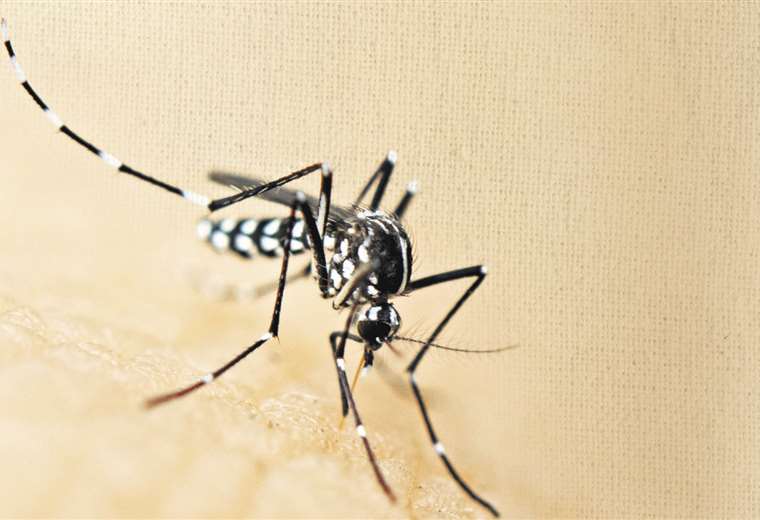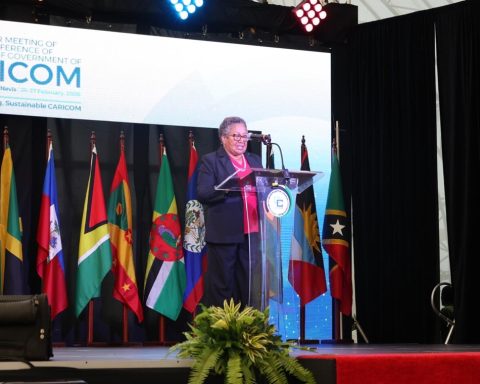The health authorities of Peru will apply a contingency plan that will seek to accelerate the drop in dengue cases over the next two years in the Andean country, which is currently facing the largest outbreak of the disease so far this century, with more than 189,000 cases Until now.
“We are working to accelerate the drop in dengue cases and (these) are already in clear decline. Above all, we are applying a pcontingency lan until december and one for the next two years,” health minister Cesar Vásquez reported on Wednesday.
The plan will include a multisectoral intervention and a regional rapid response and monitoring center, with the necessary personnel, equipment, and supplies “to act immediately, as well as carry out an epidemiological fence as soon as the data of an outbreak is announced,” the Ministry of Health (Minsa) explained.
Vásquez added that the authorities are “clear that this disease will again be a health problem for the climatic factors already announced”, with the arrival in the coming months of the El Niño phenomenon in the country.
He also stated that a high-level team from Minsa will travel to the regions to make a follow up actions that are developing before the season of low temperatures.
He also assured that the government is making “every effort” to guarantee the proper patient care and “provide peace of mind to the country” in the face of health emergencies.
The latest official information on dengue, with data up to this Wednesday, indicated that in the country reports a total of 189,310 casesof which 105,948 are confirmed and 83,362 are considered probable.
In addition, it was reported 244 confirmed deaths and 81 probable ones are being investigated, while another 1,032 people remain hospitalized.
The NGO Save the Children pointed out on June 16 that at least 31 minors had died from dengue and another 45,900 were infected so far in 2023.
“The alarming figures demonstrate the high vulnerability of children and adolescents to this disease and the need to strengthen prevention and control measures against dengue, which is transmitted through the ‘Aedes aegypti’ mosquito,” the organization remarked.
He explained that the registration of cases since last January reaches “a number substantially higher than the previous peak of 74,000 cases in 2017″ and that dealing with this outbreak has been “a challenge” for Peru, because the hotter weather conditions and heavy rains provide the ideal environment for the reproduction of the transmitting mosquito.


















